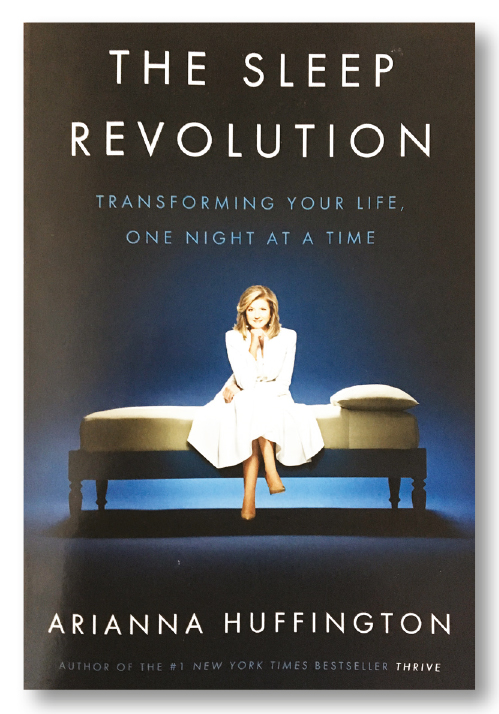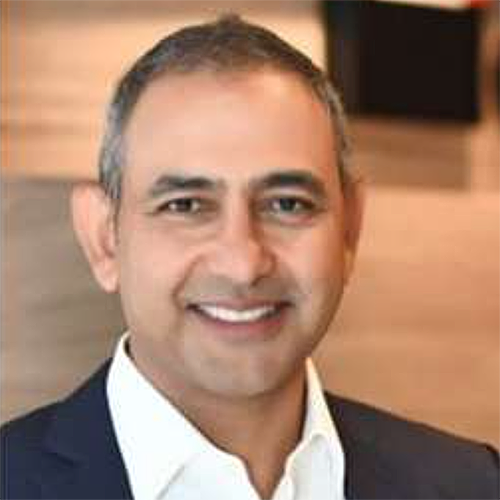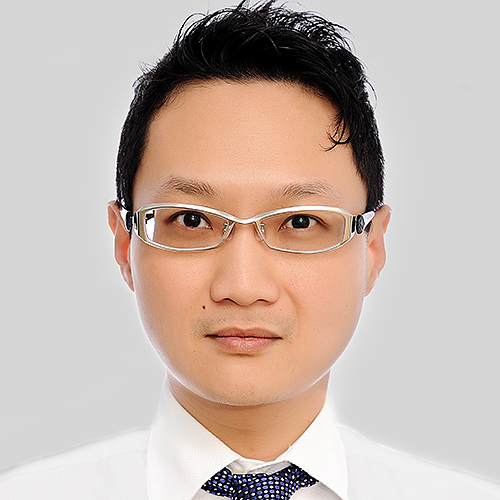This book, The Sleep Revolution by Arianna Huffington, has actually been sleeping on my desk since last summer when I received it as part of J.P. Morgan’s reading list collection for 2016.

My first reaction upon reading the title was: why would anyone want to read about something so mundane as sleep? I mean sleep is something you do (or don’t do) depending on how busy you are. It’s not something you read about.
Yet this kind of cavalier attitude towards sleep is exactly what Huffington, a renowned journalist and businesswoman, argues is one cause of many of the problems, we who live in a fast-paced, high tech, high pressure world, now face.
After overcoming this attitude, the book becomes particularly relevant in a place of workaholics like Hong Kong, where studies indicate that most people get only six hours of sleep, or even less, every night. The book is actually quite interesting in terms of understanding what sleep is, why we need more of it, and how we can get enough of it.
At the beginning of the book, Huffington paints an alarming picture about how lack of sleep, or in many cases the absence of it, has reached a crisis level. She describes most people as just “sleep walking through life.”
As someone who until recently was only getting four to five hours of sleep every night, I can really understand her concern on how humans in the 20th and 21st century have programmed themselves into lifestyles where sleep is something that must be minimized as much as possible, or even done away with completely, in order for a person to achieve success. The advent of blackberries, iPhones, iPads, laptops, other electronic devices and social media has aggravated this phenomenon.
With time zones more closely connected than they have ever been, I know many people who practically work 24/7, thus sacrificing their sleep, rest and recovery, and overall health.
Huffington learned this the hard way after collapsing at her desk from over fatigue, basically lack of sleep, and waking up bloodied with a broken cheekbone.
The book documents how destructive and dangerous the impact of this can be by citing: the cost of lack of sleep (US$63 billion to the US economy in the form of absenteeism or being physically present but not really mentally focused); increased stress-related illnesses in the form of sleeping disorders; more deaths and injuries resulting from accidents while drowsy; lower standards of medical services in the form of sleep-deprived doctors and medical staff; and lower standards of public services in the form of sleep-deprived politicians and police officers. If this doesn’t scare the reader into getting enough sleep, nothing will.
For those of us who find getting enough sleep challenging, the real value in the book comes in chapters 9-10 where Huffington gives tips, tools, and techniques in trying to achieve this. Many of the techniques are common knowledge to most people but reading about them serves as a timely reminder of what we can do to help ourselves address the problem.
There are also some new things that can be an eye opener. For example, blue light, the sort given off by our electronic devices, is especially good at suppressing melatonin, which is necessary for sleep. This means that we should avoid reading on our iPads in bed if we want to get some sleep.
There are also some misconceptions such as having a night cap just before bed. While alcohol initially acts as a sedative, studies indicate that it also acts as a sleep disrupter, hence the quality of alcohol-induced sleep is not as good as many believe.
For travellers who spend a lot of time zipping through time zones, napping is a must to avoid or minimize the impact of jet lag. Carrying travel sleeping gear (eye mask, noise cancelling head phones, ear plugs, herbal tea, etc) also ensures a traveller can grab some quality nap time on the go.
The book also notes interesting anecdotes on how prominent and very busy people try to get enough sleep. For example, Pope Francis during his trip to the US in 2015, had 40 minutes of unscheduled time in his diary every day so he could take a midday nap.
Winston Churchill, who coined the term “power nap” made it a practice to sleep sometime between lunch and dinner “in no half-way measure”, taking his clothes off and getting into bed.
For the sleep deprived, this book can also be an entertaining as well as an informative read.





.jpg)
.jpg)


